On the afternoon of June 17, the National Assembly discussed in groups the draft revised Law on Value Added Tax (VAT). The Minister of Finance explained a number of related issues.
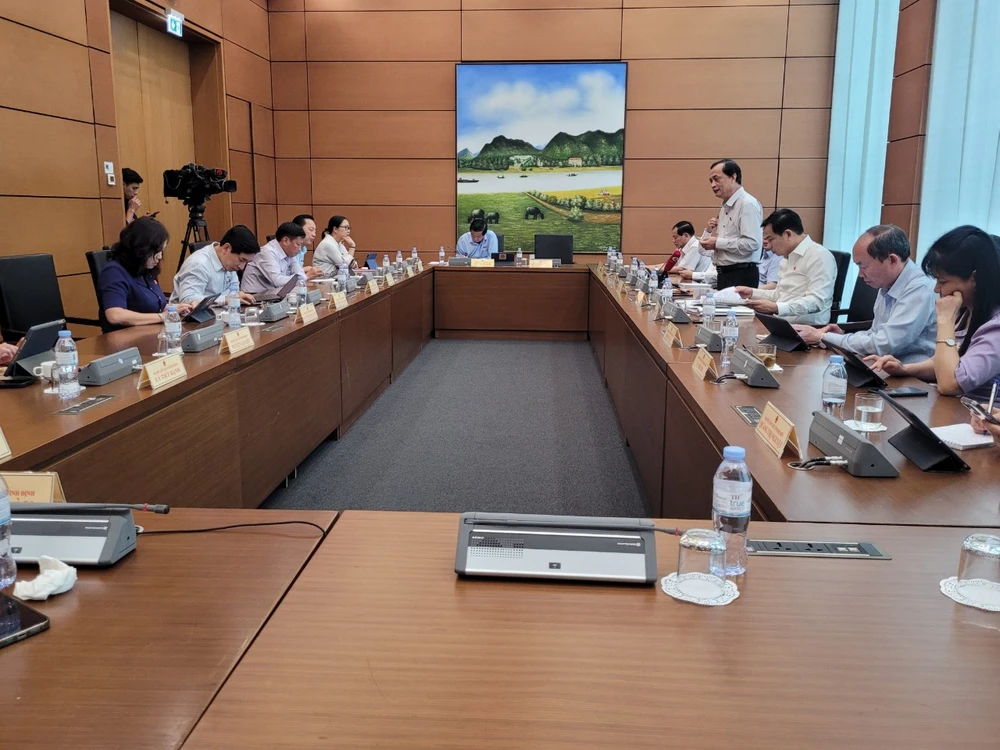
Among the revised contents, it is noteworthy that the Government proposes to amend the regulation "goods and services of business households and individuals with annual revenue of 100 million VND or less" to "goods and services of business households and individuals with annual revenue below the level prescribed by the Government" as subjects not subject to VAT to ensure flexibility and proactive adjustment to suit the reality and development requirements in each period.
The draft law also narrows down the list of goods and services not subject to VAT, including fertilizers.
Discussing in groups on the afternoon of June 17, National Assembly deputies all agreed to amend the law, but still had some concerns.
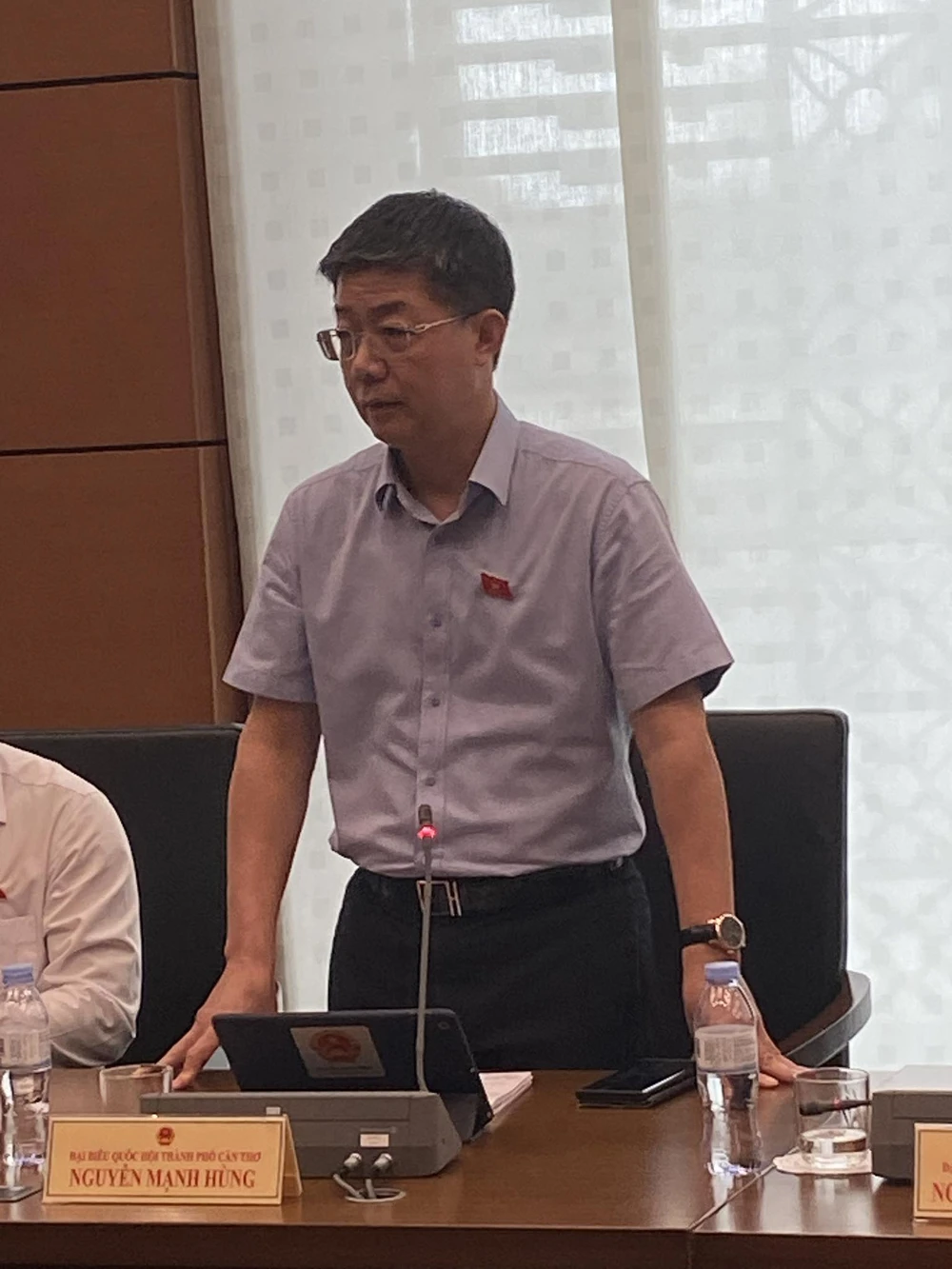
Deputy Nguyen Manh Hung (Can Tho), Standing Member of the Economic Committee of the National Assembly, said that comprehensively amending the Law on VAT is necessary and suitable for the current context. However, the Deputy was concerned about the regulation that "goods and services of households and individuals doing business with an annual revenue below the level prescribed by the Government" are not subject to VAT. "Small transactions under 1 million VND via e-commerce platforms are very large. My child buys dozens of items a day, how big is that for the whole country? Small things add up, so we should consider tax for this group. Because the value of each order is low but the transactions are extremely large," said Deputy Nguyen Manh Hung.
Regarding the inclusion of fertilizers in the category of non-VAT, Deputy Nguyen Manh Hung said that fertilizers used to be subject to VAT, but were later removed to reduce the cost of fertilizers, benefiting farmers. “But in general, fertilizers not subject to VAT are not beneficial. Because Vietnam is basically proactive in the supply of fertilizers, meeting domestic demand. Fertilizers are not subject to VAT, but manufacturers must pay tax on input materials. Therefore, if VAT is not deducted, it will make it difficult for fertilizer businesses to compete,” said Deputy Nguyen Manh Hung, and he supported making fertilizers a commodity subject to VAT to increase revenue from VAT deductions for businesses.
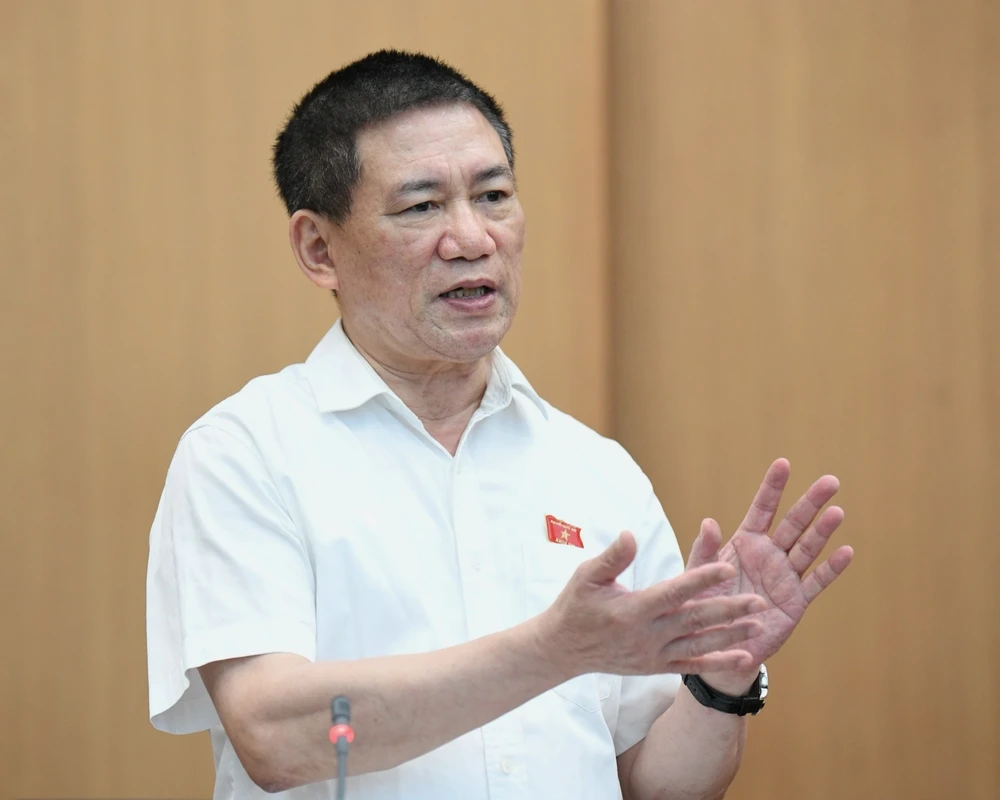
Speaking at the meeting, Minister of Finance Ho Duc Phoc said that we are currently facing two options. If we do not include VAT, domestic manufacturing enterprises will face difficulties because they will not be refunded input tax. However, if we impose tax on this item, it will affect the cost price to a greater or lesser extent. Therefore, the Minister suggested that the delegates study and reach a consensus on the decision to ensure the interests of the country and ensure the interests of sustainable agricultural development.
Regarding the abolition of VAT on small-value goods, the Minister said that in the past, when implementing the International Convention on Harmonization and Simplification of Customs Procedures (May 17, 1973) that Vietnam signed, we stipulated that if the minimum value is small, no customs duty and other taxes will be collected. The law stipulates that if the minimum value is small, no customs duty and other taxes will be collected. The law does not stipulate, but the Government's decree stipulates that this tax will be collected. However, according to the Minister, some countries have now abolished the regulation on VAT collection on small-value goods.
The Minister also explained the regulations on prohibited acts for tax officials and businesses.
The current tax law has provisions on invoices, but the National Assembly Standing Committee believes that the provisions on invoices are general provisions, VAT refund is a large tax with its own characteristics, so there should be specific regulations on the specific invoice and voucher system. Therefore, the Ministry of Finance accepts the opinions of the National Assembly Standing Committee to include in the law.
Accordingly, the responsibilities of taxpayers, tax officers, and enterprises must be clear, according to the principle that whoever makes a mistake must bear the responsibility, it is impossible for a business to make a mistake but a tax officer must bear the responsibility, and vice versa. Based on tax refund records, if a business provides fake invoices, the tax authority cannot trace the origin of each invoice in a short time according to the refund-first-check-later regulation. Therefore, there must be clear regulations in this area to ensure limiting violations and ensuring tax collection for the State.
The Minister also said that recently, the police have prosecuted many cases of tax invoice fraud and tax refund fraud. The Government wants to clarify the situation so that whoever is at fault must take responsibility. If the tax authority checks the tax refund dossier and it is wrong, then it must take responsibility; if the enterprise falsifies the tax refund dossier, then it must take responsibility; to avoid the situation where one person blames the other.
The Minister hopes that the deputies will support the enactment of a law with a long and stable duration.
Regarding the regulation on VAT collection for goods under 100 million VND, if a specific figure is specified, it will be outdated in a few years, so the draft proposes that the Government make the regulations, and when there are changes, the Government will make the regulations. "It is assigned to the Government, not the Prime Minister, so there is no need to worry about making incorrect tax decisions. This is a matter of decentralization to make tax collection appropriate. When the currency depreciates, when the regulations are no longer appropriate and the law has not been amended, the Government will make the decision," said the Minister.
The Minister said that tax is a regulatory tool, developed countries use tax very flexibly. Many countries give the Minister of Finance the right to impose tax. For example, in cases where imported goods affect domestic production, they impose tax immediately, just overnight. The Minister of Finance can decide to raise tax immediately to protect domestically produced goods. Therefore, if decentralization, authorization and supervision are increased, the regulatory tool will be more flexible and effective.
PHAN THAO
Source: https://www.sggp.org.vn/giai-trinh-ve-quy-dinh-trong-du-thao-luat-thue-gia-tri-gia-tang-sua-doi-bo-truong-bo-tai-chinh-ai-sai-nguoi-do-phai-chiu-trach-nhiem-post745030.html








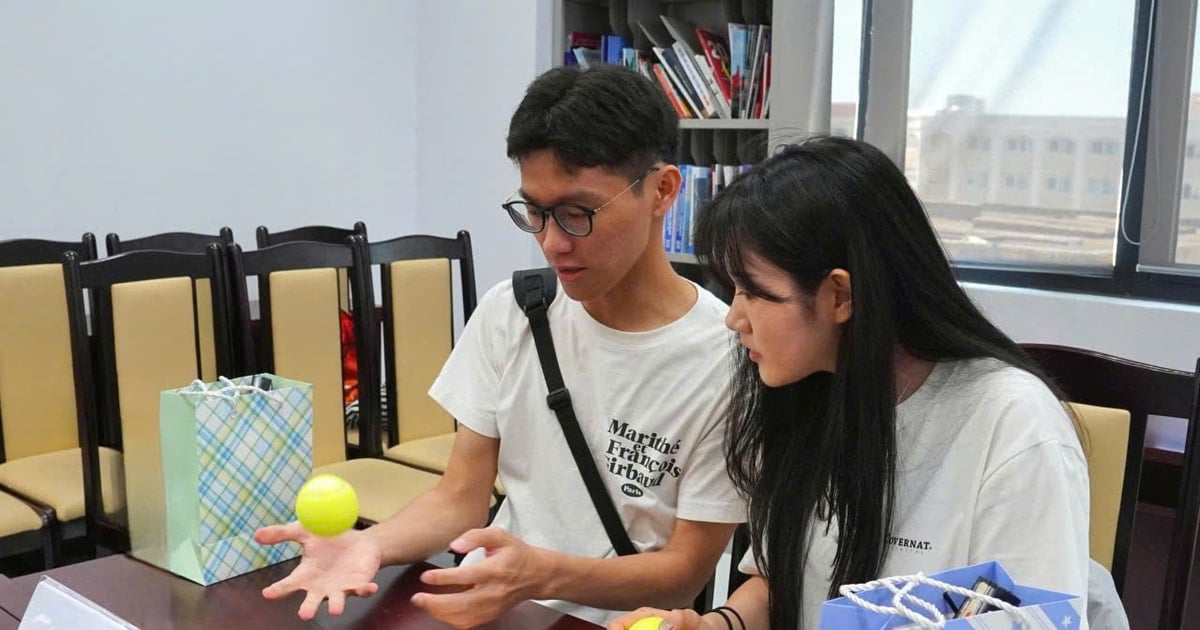


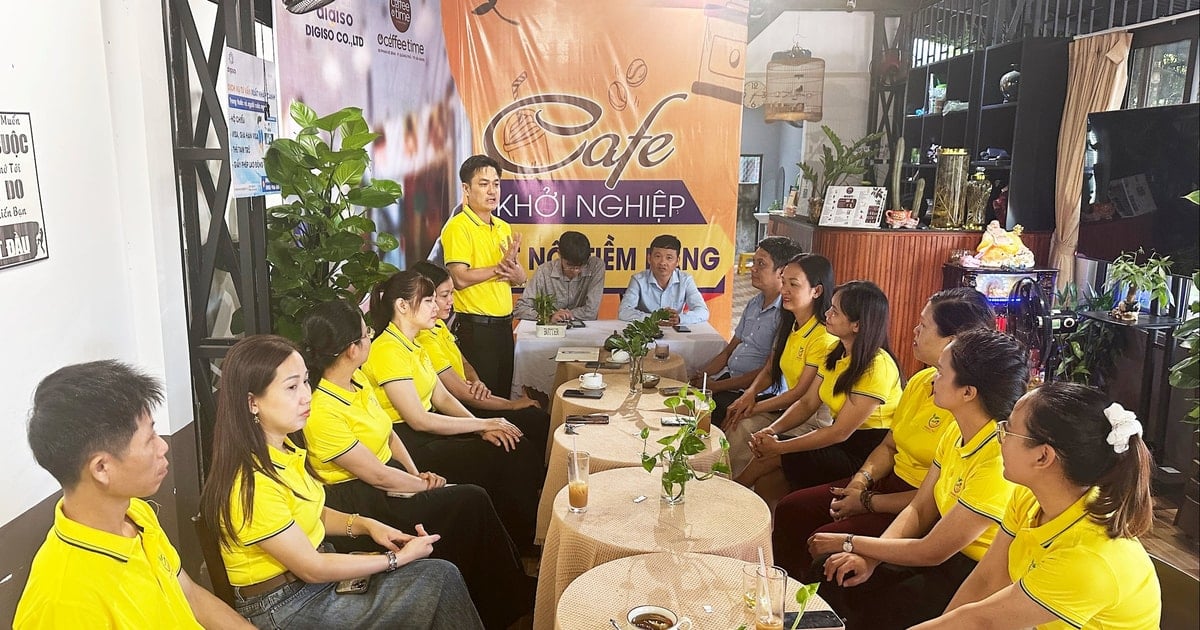
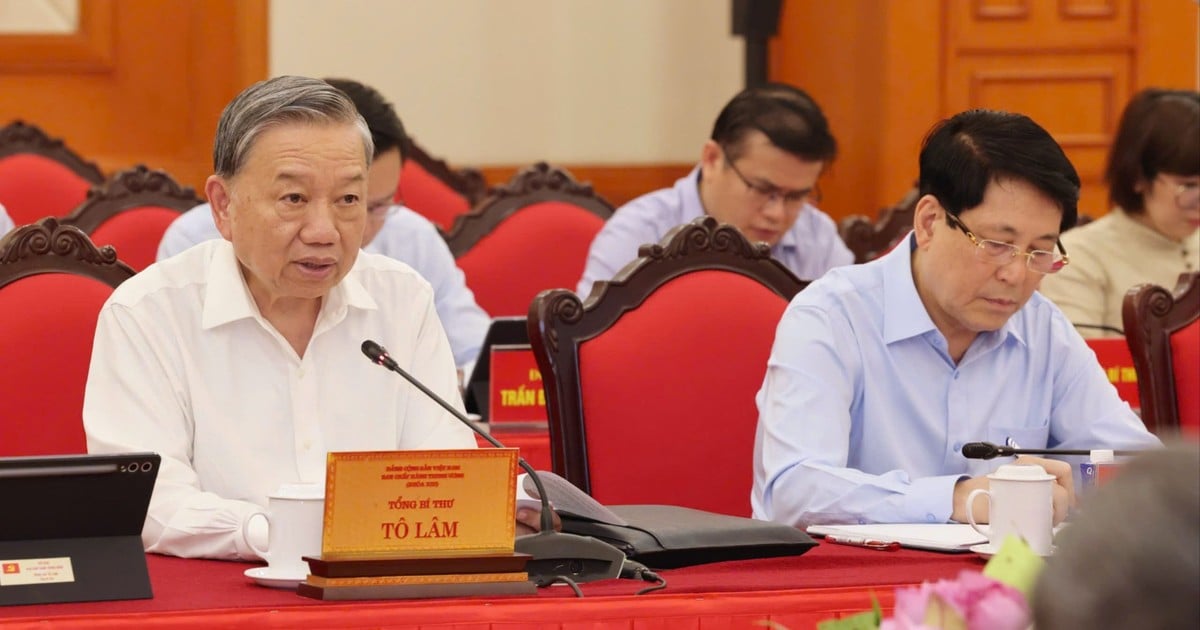

















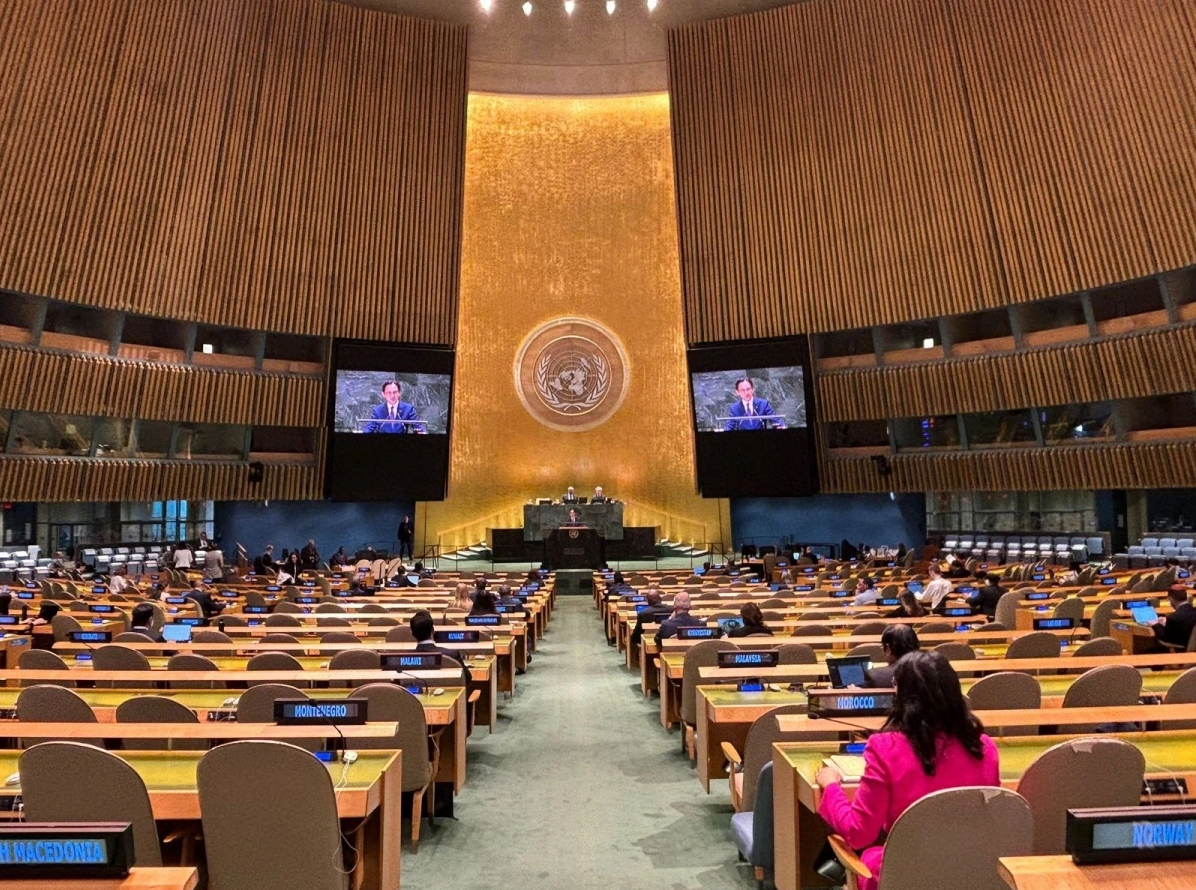
































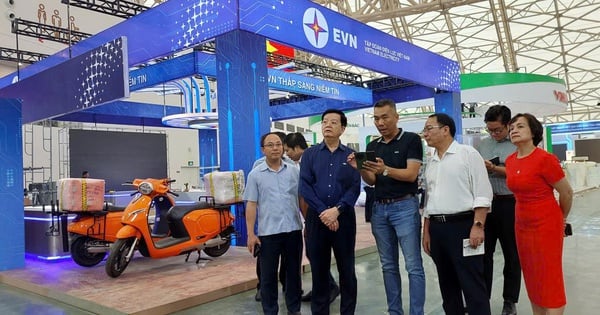

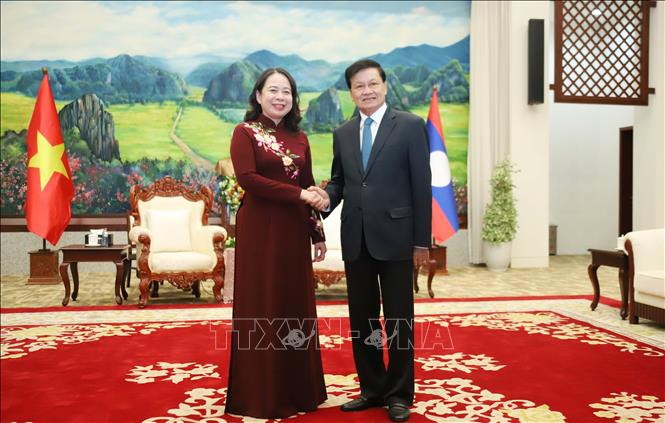















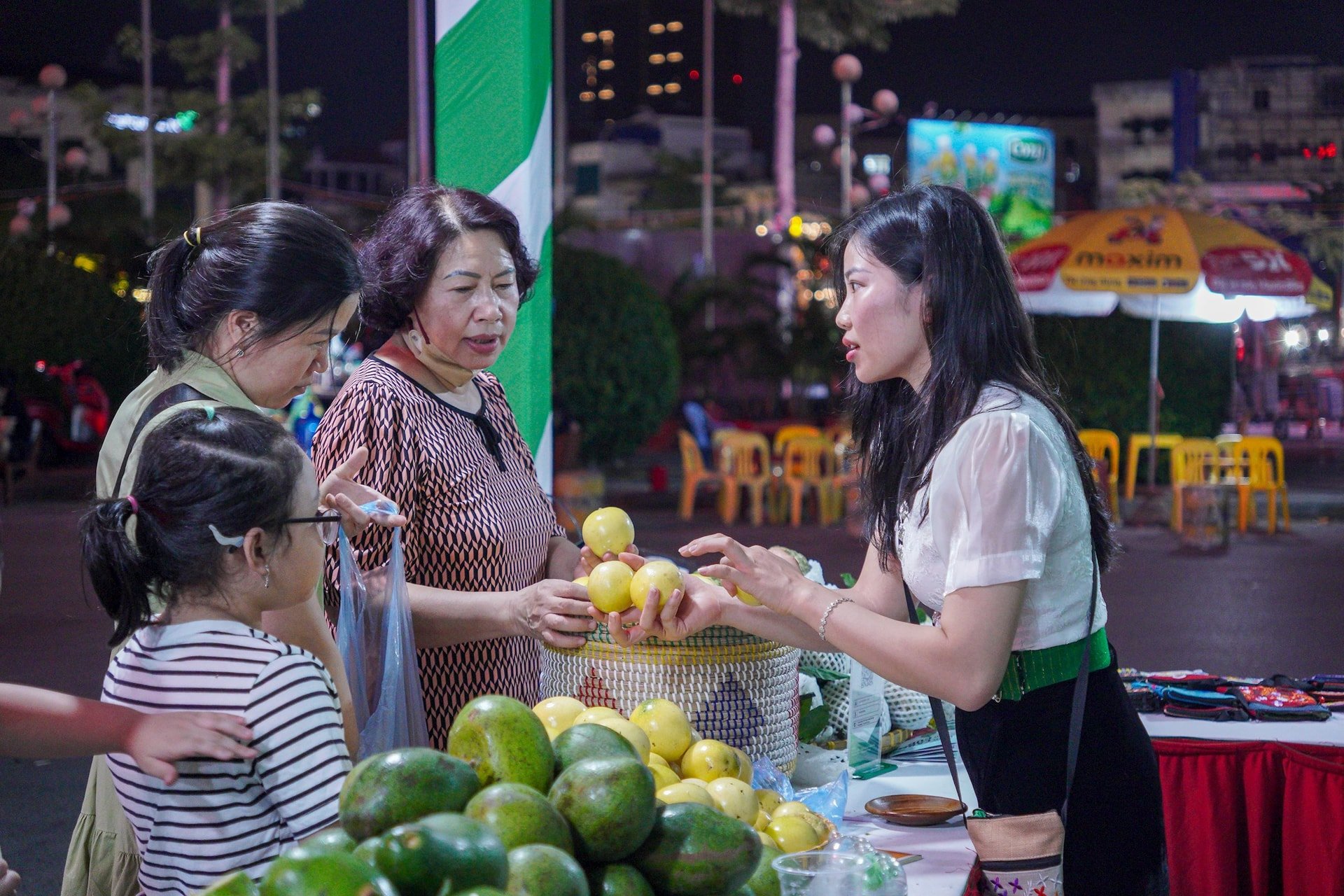

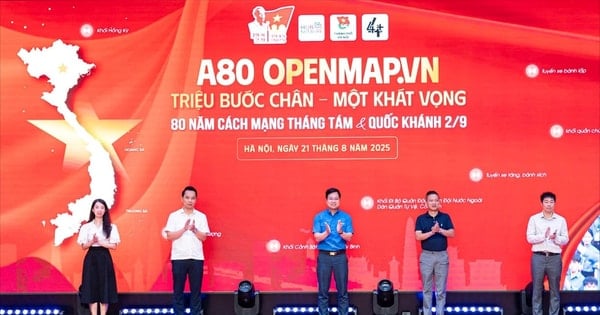

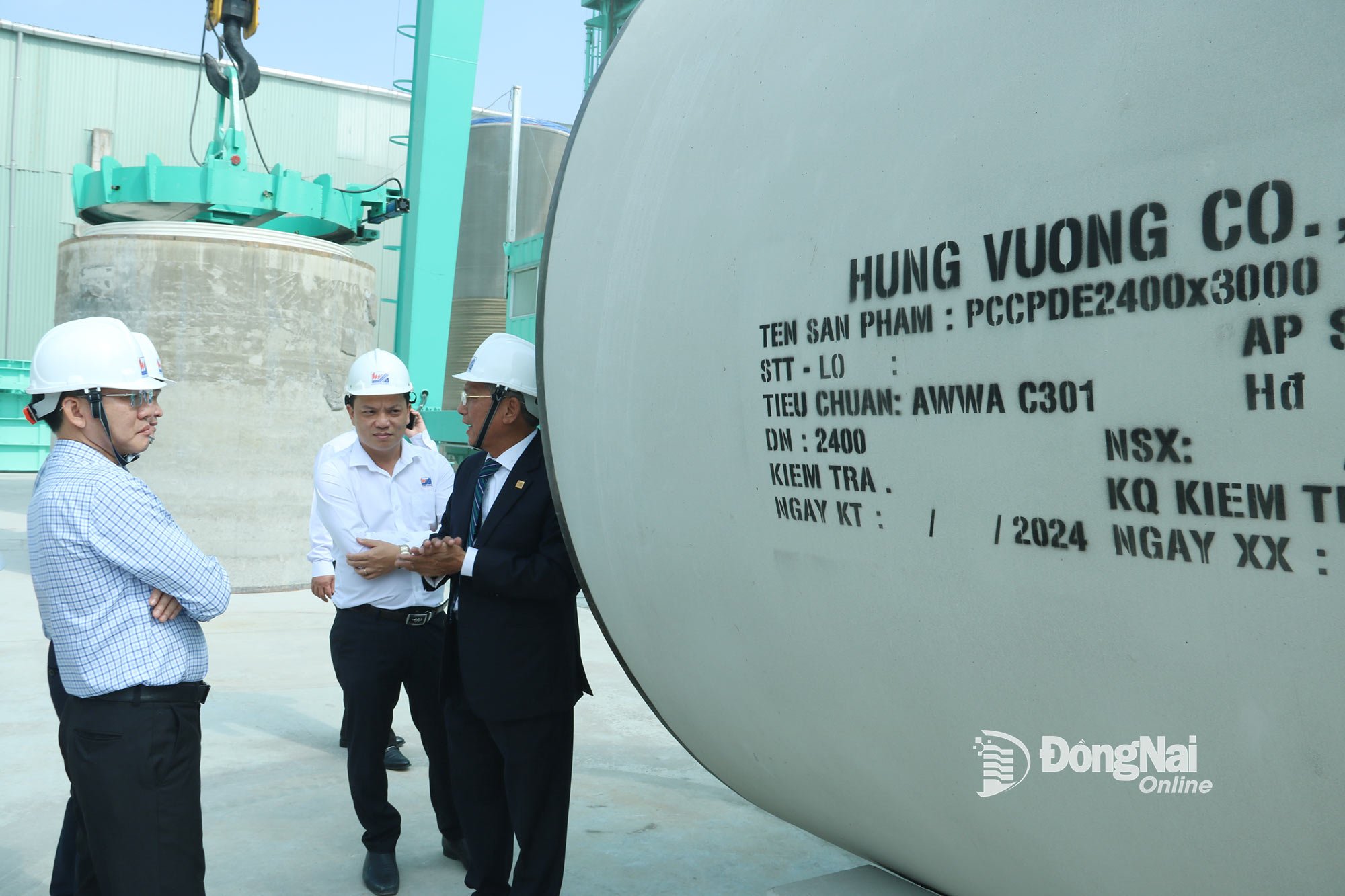








Comment (0)